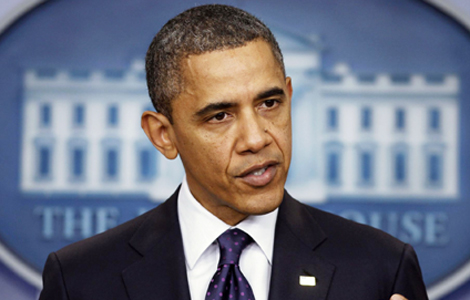China tightens microblog supervision
Updated: 2011-12-22 21:57
(Xinhua)
|
|||||||||||
Voices from operators, users
Microblogging service operators have expressed their support to the new rules.
An executive in charge of microblogging service business with Tencent told reporters that his company is in full support of the new regulations, which he said will purify the Internet environment and benefit the development of microblogging service.
Tencent has registered more than 310 million microblog IDs, of which only 50 million are active, the executive who only gave his surname Xu said.
Tencent's performance in the stock market on Thursday was not affected by the new rules. Shares of the Hong Kong-listed company dropped 0.06 percent.
Shares of Beijing-based Sina, China's major web portal that owns the country's largest microblogging service Sina Weibo, witnessed a plunge of 10 percent at the US Nasdaq in response to the new rules last Friday.
However, Sina's stock price quickly rebounded and closed the day's trading up 4.26 percent.
"The stock performance indicates that the investors are rational in their decision-making," said Sina's president Cao Guowei, adding that he is confident over its business in spite of the real-name registration.
"It will be an unstoppable trend to post or comment online with registered true identities in future development of the Internet, and this move is beneficial in fostering a healthy and harmonious Internet environment," said Peng Shaobin, Sina's vice president who is also chief of its microblogging business.
Hexun.com is one of the seven commercial websites that opened microblogging services in Beijing. Editor-in-chief Wang Wei said Hexun, as a financial website, is more in need of authenticity.
"The real-name registration will regulate postings and comments on the Internet and advance the professionalism of our website," Wang said.
Wang said about 50 percent of Hexun's microblog users were already registered with their real identities even before the new rules were rolled out.
Microbloggers are more divided over real-name registration. Although some are worried that it will stop people from voicing their complaints or grievances, others said they are willing to comply with the new rules.
Common practice
China is not the only country to resort to real-name registration to monitor the Internet.
The government of the Republic of Korea started to implement a real-name authentication system on its major websites in 2007 to prevent Internet violence, fraud or malicious information spreading.
In 2009, the system was expanded to cover all websites with daily visits of over 100,000.
A commentary published in Monday's edition of the People's Daily said microblogs are an important public opinion outlet and play a positive role in promoting democracy.
The new rules won't affect people's expression of opinions, even critical ones, but will prevent a handful of people with ill-purposes from posting malicious speech using different IDs, the commentary said.
Hot Topics
HIV/AIDS, Egypt protest, Thanksgiving, climate change, global economic recovery, home prices, high-speed railways, school bus safety, Libya situation, Weekly photos
Editor's Picks

|

|

|

|

|

|







